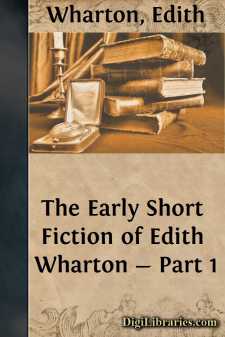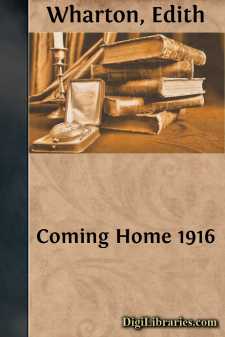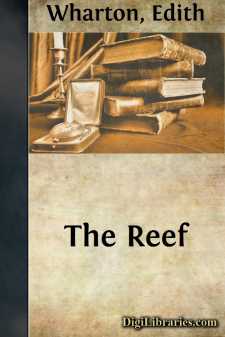Categories
- Antiques & Collectibles 13
- Architecture 36
- Art 48
- Bibles 22
- Biography & Autobiography 815
- Body, Mind & Spirit 144
- Business & Economics 28
- Children's Books 18
- Children's Fiction 14
- Computers 4
- Cooking 94
- Crafts & Hobbies 4
- Drama 346
- Education 58
- Family & Relationships 59
- Fiction 11834
- Games 19
- Gardening 17
- Health & Fitness 34
- History 1378
- House & Home 1
- Humor 147
- Juvenile Fiction 1873
- Juvenile Nonfiction 202
- Language Arts & Disciplines 89
- Law 16
- Literary Collections 686
- Literary Criticism 179
- Mathematics 13
- Medical 41
- Music 40
- Nature 179
- Non-Classifiable 1768
- Performing Arts 7
- Periodicals 1453
- Philosophy 65
- Photography 2
- Poetry 896
- Political Science 203
- Psychology 44
- Reference 154
- Religion 515
- Science 126
- Self-Help 85
- Social Science 83
- Sports & Recreation 34
- Study Aids 3
- Technology & Engineering 59
- Transportation 23
- Travel 463
- True Crime 29
Our website is made possible by displaying online advertisements to our visitors.
Please consider supporting us by disabling your ad blocker.
The Early Short Fiction of Edith Wharton - Part 1
by: Edith Wharton
Categories:
Description:
Excerpt
"You ought to buy it," said my host; "it's just the place for a solitary-minded devil like you. And it would be rather worth while to own the most romantic house in Brittany. The present people are dead broke, and it's going for a song—you ought to buy it."
It was not with the least idea of living up to the character my friend Lanrivain ascribed to me (as a matter of fact, under my unsociable exterior I have always had secret yearnings for domesticity) that I took his hint one autumn afternoon and went to Kerfol. My friend was motoring over to Quimper on business: he dropped me on the way, at a cross-road on a heath, and said: "First turn to the right and second to the left. Then straight ahead till you see an avenue. If you meet any peasants, don't ask your way. They don't understand French, and they would pretend they did and mix you up. I'll be back for you here by sunset—and don't forget the tombs in the chapel."
I followed Lanrivain's directions with the hesitation occasioned by the usual difficulty of remembering whether he had said the first turn to the right and second to the left, or the contrary. If I had met a peasant I should certainly have asked, and probably been sent astray; but I had the desert landscape to myself, and so stumbled on the right turn and walked on across the heath till I came to an avenue. It was so unlike any other avenue I have ever seen that I instantly knew it must be THE avenue. The grey-trunked trees sprang up straight to a great height and then interwove their pale-grey branches in a long tunnel through which the autumn light fell faintly. I know most trees by name, but I haven't to this day been able to decide what those trees were. They had the tall curve of elms, the tenuity of poplars, the ashen colour of olives under a rainy sky; and they stretched ahead of me for half a mile or more without a break in their arch. If ever I saw an avenue that unmistakably led to something, it was the avenue at Kerfol. My heart beat a little as I began to walk down it.
Presently the trees ended and I came to a fortified gate in a long wall. Between me and the wall was an open space of grass, with other grey avenues radiating from it. Behind the wall were tall slate roofs mossed with silver, a chapel belfry, the top of a keep. A moat filled with wild shrubs and brambles surrounded the place; the drawbridge had been replaced by a stone arch, and the portcullis by an iron gate. I stood for a long time on the hither side of the moat, gazing about me, and letting the influence of the place sink in. I said to myself: "If I wait long enough, the guardian will turn up and show me the tombs—" and I rather hoped he wouldn't turn up too soon.
I sat down on a stone and lit a cigarette. As soon as I had done it, it struck me as a puerile and portentous thing to do, with that great blind house looking down at me, and all the empty avenues converging on me. It may have been the depth of the silence that made me so conscious of my gesture. The squeak of my match sounded as loud as the scraping of a brake, and I almost fancied I heard it fall when I tossed it onto the grass. But there was more than that: a sense of irrelevance, of littleness, of childish bravado, in sitting there puffing my cigarette-smoke into the face of such a past....












